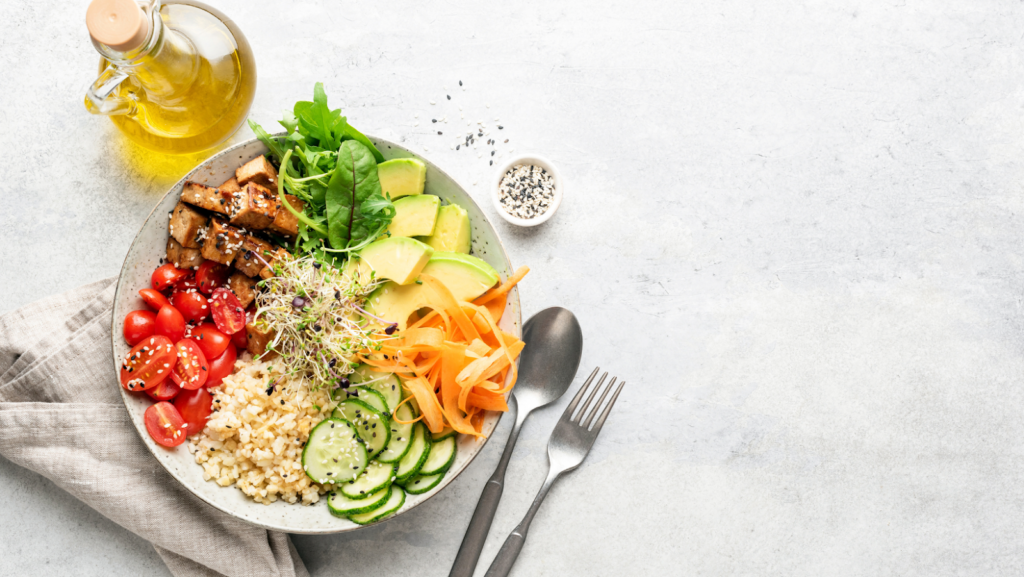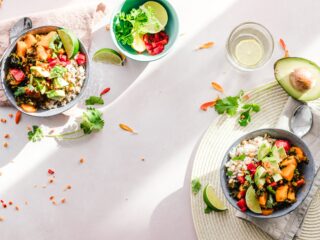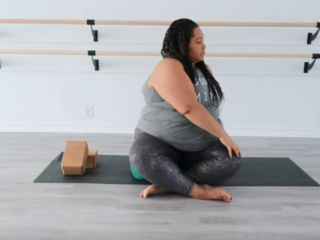
Are you looking to lose weight? Tired of feeling sluggish and overweight? If so, a vegan diet may be for you! This type of diet has many benefits, including weight loss. And, with our 30-day vegan diet plan, you can easily follow a vegan diet and see results in just one month.
Introduction: Why a Vegan Diet?
There are many reasons to choose a vegan diet, but the most common is for ethical reasons. Vegans do not eat any animal products, which means they do not consume or use dairy, eggs, or honey. Some vegans also avoid foods that contain animal-derived ingredients, such as gelatin and some sugars. Veganism is a type of vegetarian diet that excludes all animal products, including meat, poultry, fish, eggs, and dairy.
What is a Vegan Diet?
A vegan diet can be defined as a way of eating that excludes all animal products, including meat, dairy, eggs, and honey. This type of diet is gaining popularity among people who are looking to improve their health and minimize their impact on the environment.
There are many benefits to following a vegan diet, including weight loss, reduced risk of heart disease and cancer, and improved digestion. Additionally, veganism has been shown to be an effective way to reduce the symptoms of arthritis, asthma, and other chronic conditions.
If you’re interested in trying a vegan diet, there are a few things you should keep in mind. First, it’s important to make sure you’re getting enough protein from plant-based sources such as beans, lentils, quinoa, and tofu. Additionally, you’ll need to make sure you’re getting enough vitamins B12 and D, as well as calcium and iron. These nutrients are found in fortified plant-milks, cereals, and supplements. Finally, it’s important to stay hydrated by drinking plenty of water throughout the day.
30 days vegan diet
A vegan diet has many benefits, including weight loss.
A vegan diet is one that does not include any animal products, including meat, dairy, eggs, and honey. A plant-based diet is a vegan diet.
There are several reasons why a vegan diet may help you lose weight.
First, a vegan diet is typically lower in calories than a non-vegan diet. This is because animal products tend to be higher in calories than plant-based foods.
Second, a vegan diet is often higher in fiber than a non-vegan diet. Fiber is important for weight loss because it helps you feel full and satisfied after eating.
Third, a vegan diet may help reduce inflammation in the body. Inflammation has been linked to weight gain and obesity.
Fourth, a vegan diet can help improve gut health. Gut health has been linked to weight loss and management.
The Risks of a Vegan Diet
A vegan diet can be a healthy way to eat, but there are some risks to be aware of. If you’re considering following a vegan diet, talk to your doctor or a registered dietitian first. They can make sure you’re getting the nutrients you need and help you plan meals that are safe and nutritious.
There are certain nutrients that are found almost exclusively in animal products, and it can be difficult to get enough of them on a vegan diet. These nutrients include vitamin B12, vitamin D, calcium, iron, and omega-3 fatty acids. You may need to take supplements to get enough of these nutrients on a vegan diet.
Another concern with veganism is that some plant-based foods contain toxins that can be harmful. For example, some types of beans contain lectins, which can cause stomach upset and other problems if they’re not properly prepared. Some people also react badly to gluten, which is found in wheat and other grains. If you have any food allergies or sensitivities, make sure you know which foods to avoid before starting a vegan diet.
How to Lose Weight on a Vegan Diet
Research has shown that following a vegan diet can help with weight loss. In fact, a study from 2016 found that people who ate a vegan diet for 16 weeks lost, on average, four pounds more than those who followed a more traditional American diet.
If you’re thinking about trying a vegan diet to lose weight, here are some tips to get started:
1. Choose whole plant-based foods.
When it comes to losing weight on a vegan diet, what you eat is just as important as what you don’t eat. Fill your plate with whole plant-based foods, such as vegetables, fruits, whole grains, legumes, and nuts and seeds. These foods are high in fiber and low in calories, which can help you lose weight. Avoid processed foods, such as vegan junk food, which are high in calories and low in nutrition.
2. Get enough protein.
Many people think that you need to eat meat to get protein, but this isn’t the case. There are plenty of plant-based sources of protein, such as beans, lentils, quinoa, and tofu. aim for at least 10 grams of protein per day from these sources. You can also get protein by eating two servings of leafy greens or one serving of almond butter per day.
3. Avoid unhealthy fats.
Not all fats are created equal—some are healthy and can help you lose weight while others should be limited. Unsaturated plant-based fats like olive oil and avocado are healthful choices that can promote weight loss. On the other hand, saturated fats from sources like coconut oil and palm oil should be consumed in moderation because they can contribute to weight gain if eaten in excess. Trans fats found in processed vegan foods should also be avoided because they can have negative effects on your health.
What to Eat on a Vegan Diet
There are a variety of vegan diets that can be followed, but all involve avoiding animal products. This means that vegans do not eat meat, poultry, fish, eggs, or dairy products. Some vegans also avoid honey and other animal-derived ingredients (such as gelatin).










